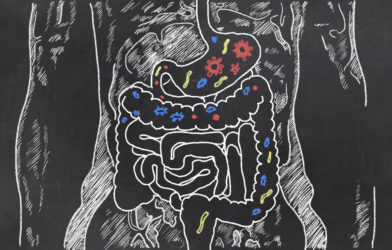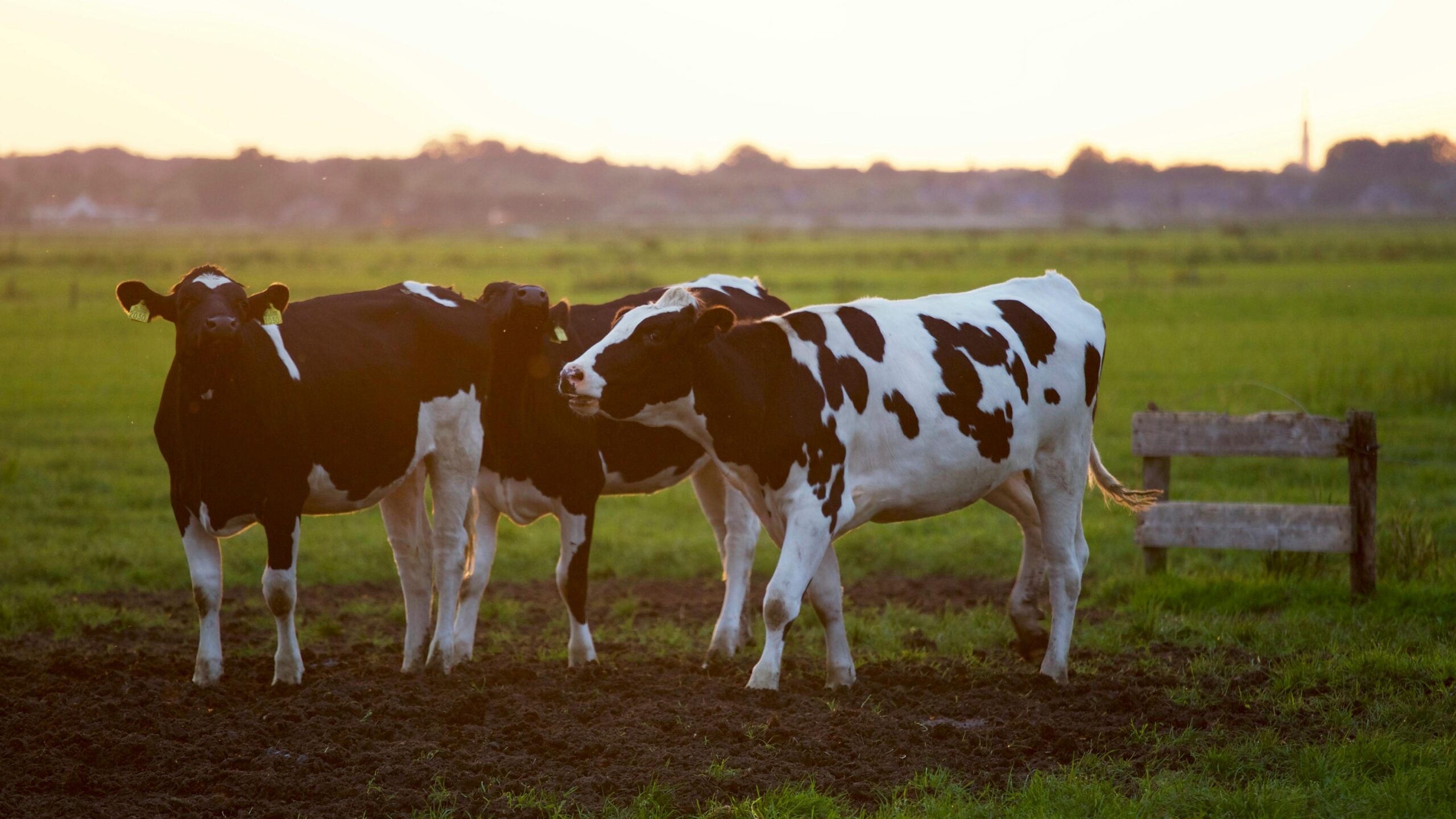
antibiotic resistance

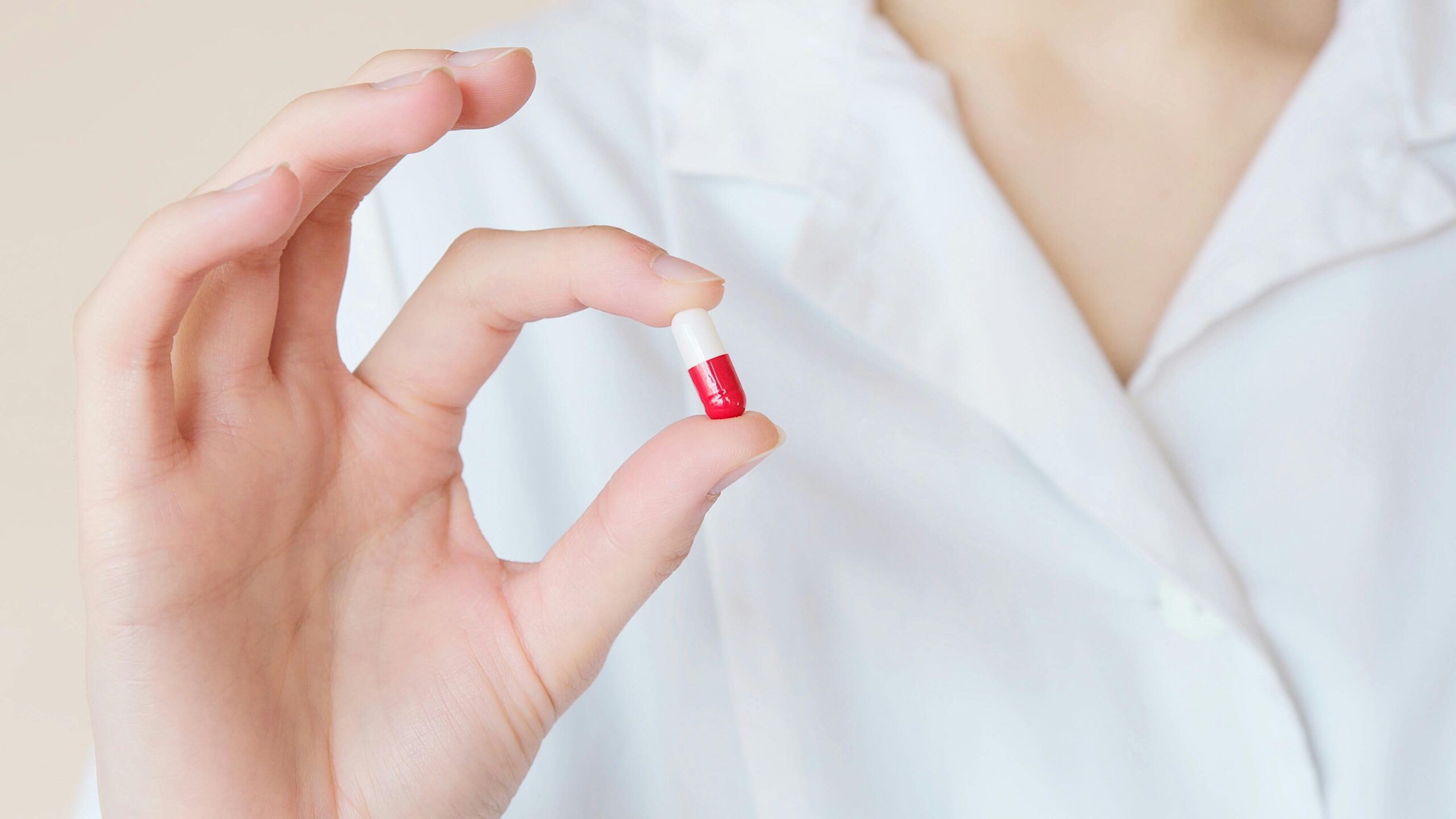
Warning to Farmers: Your Probiotics Might Be Breeding Resistant BacteriaJuly 29, 2025
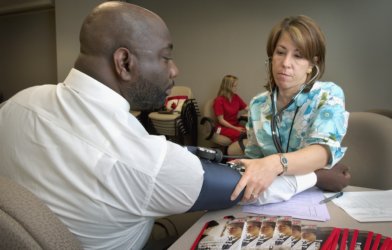
Why Your Gut’s Hidden DNA Could Be as Risky as High Blood PressureJuly 27, 2025
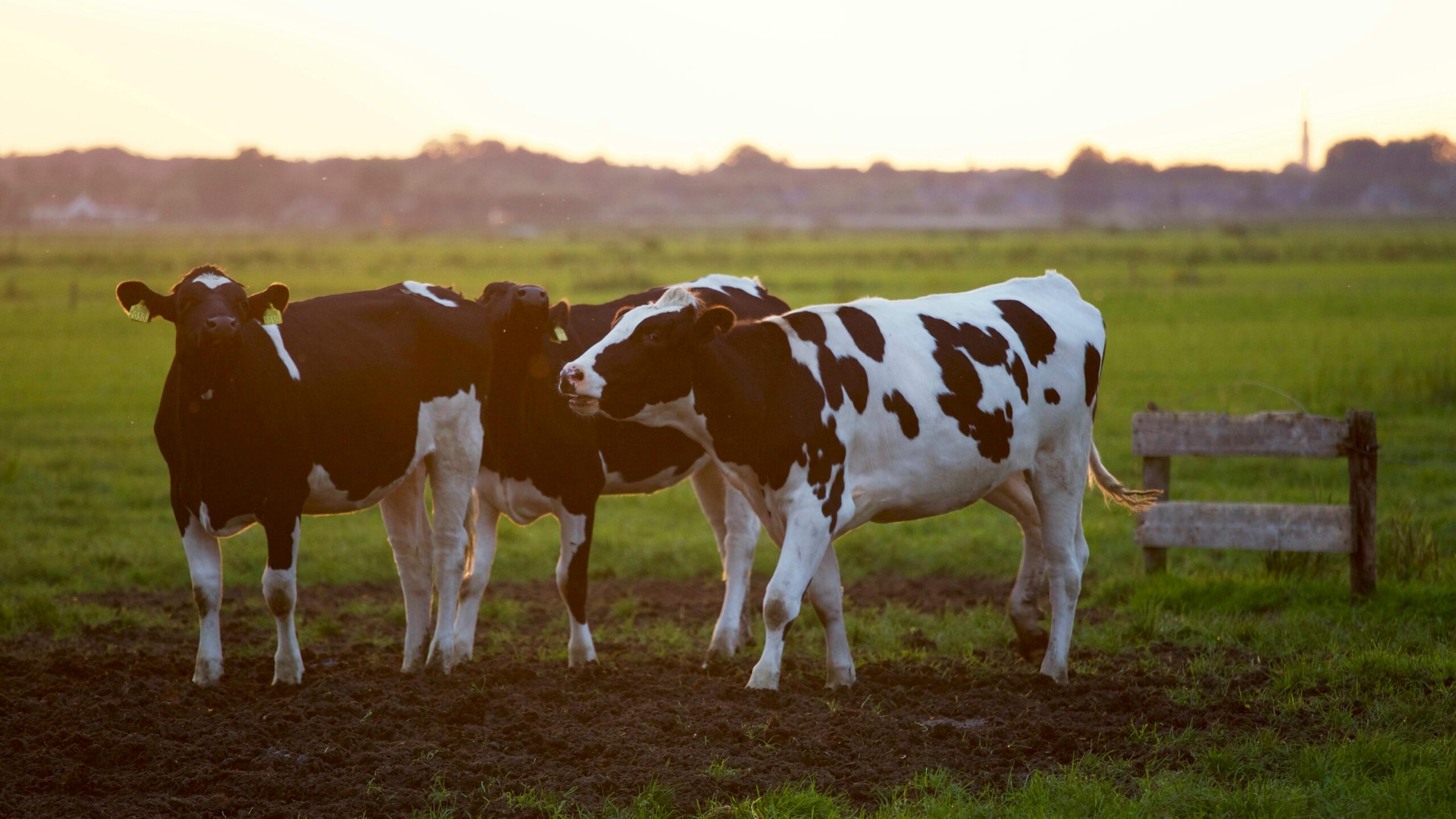
Cow Enzyme Fights Superbugs: A Breakthrough in Antibiotic ResistanceJuly 9, 2025

Secrets behind impenetrable ‘armor’ of diarrhea-causing superbug C. diff discoveredJanuary 21, 2023
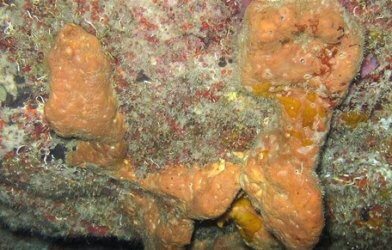
Compounds in Brazilian marine sponges crush antibiotic-resistant bacteria, study findsJuly 19, 2022

Lemurs showing antibiotic-resistant bacteria in their guts after repeated encounters with humansJuly 1, 2022

Antibiotics could wreak havoc on athletes’ abilities by disrupting gut bacteriaJune 7, 2022
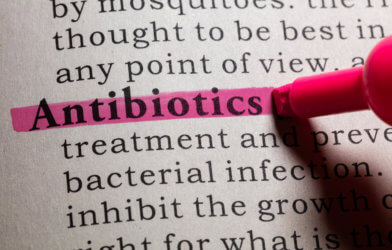
New biotherapeutic protects gut microbiome from harmful effects of antibioticsJune 6, 2022
